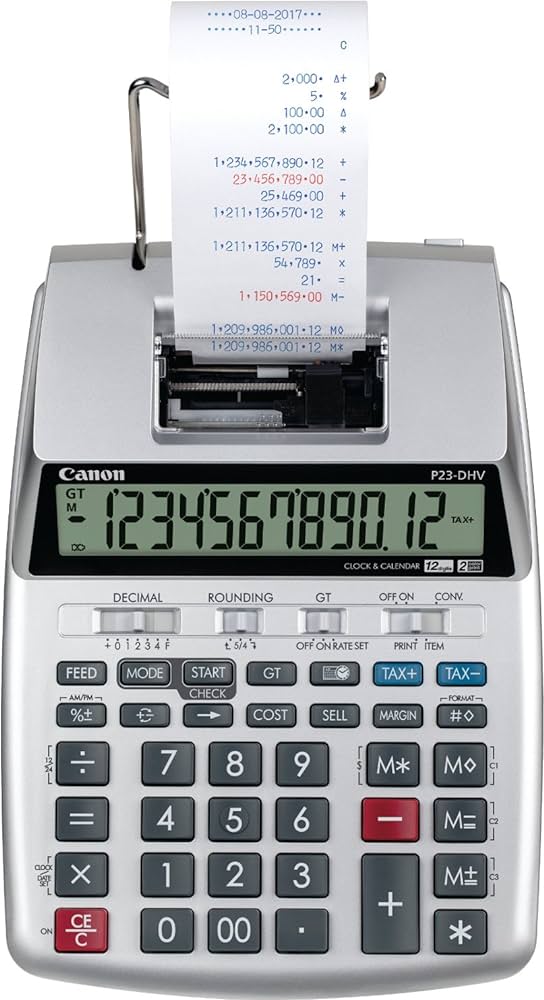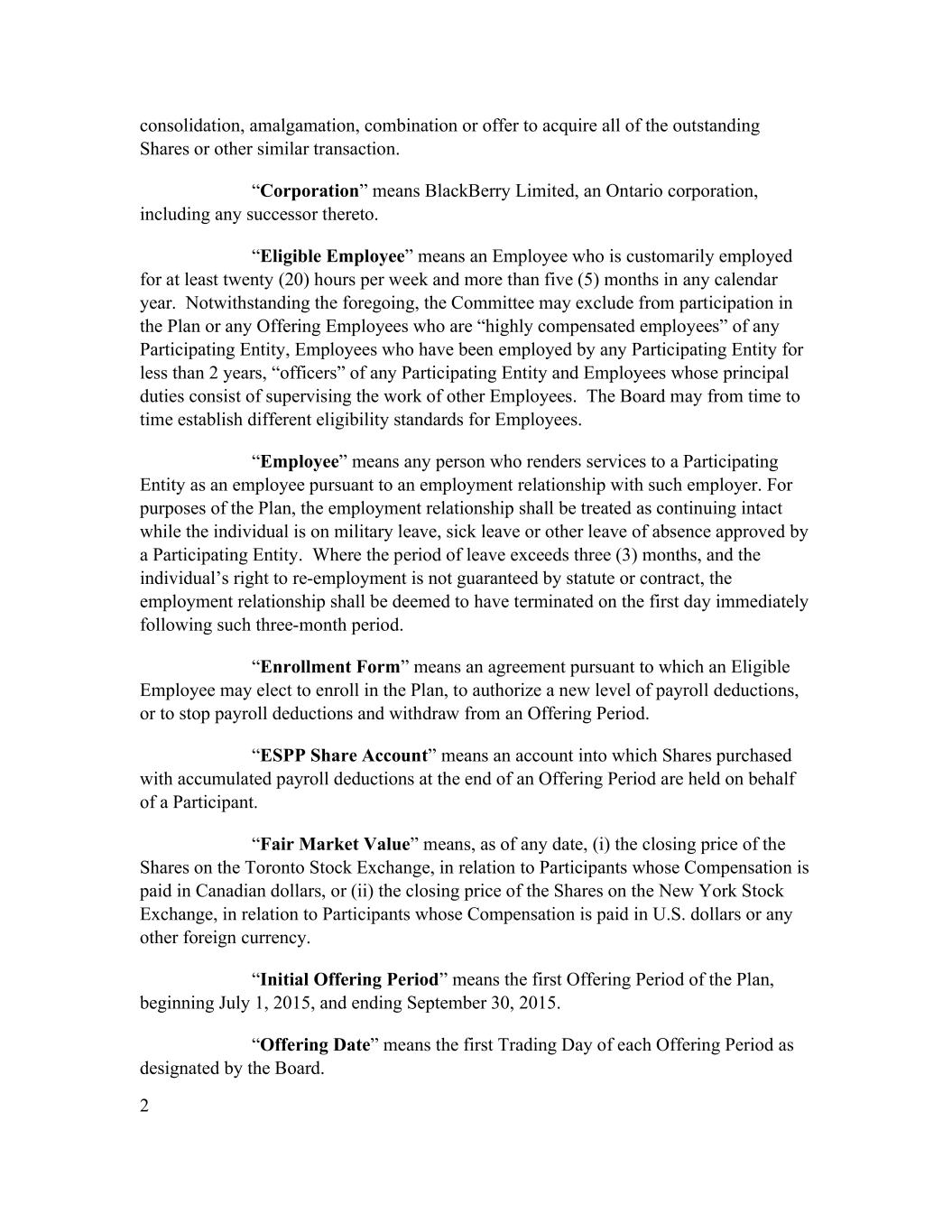Did you know that in some countries, the taxman has a better poker face than your average day trader? Navigating foreign day trading tax regulations can feel like a high-stakes game. In this article, we break down essential aspects of reporting foreign day trading income, the applicable taxes on international profits, and how tax treaties can influence your trading strategy. We’ll also cover the necessary documentation, currency conversion for tax purposes, and the critical forms required for compliance. Plus, discover how to avoid double taxation, stay informed about changes in tax laws, and explore available deductions. With insights from tax professionals, you’ll be well-prepared to tackle the complexities of foreign trading taxes. Let DayTradingBusiness guide you through the maze!
What are the key foreign day trading tax regulations?
Report all foreign day trading income to your home country's tax authority. You may need to file foreign income disclosures and pay taxes on gains made through international brokers. Some countries tax foreign trading profits as capital gains or income, requiring detailed records of trades and conversions. Be aware of tax treaties that could reduce double taxation. Always declare foreign accounts using FATCA or CRS compliance forms. Consult local regulations to understand withholding taxes or reporting thresholds for foreign securities.
How do I report foreign day trading income?
Report foreign day trading income on your tax return by converting earnings to USD using the IRS's spot rate at the time of each trade. Include it as capital gains or business income, depending on your trading activity classification. Use Schedule D for capital gains or Schedule C if trading is your main business. Keep detailed records of all trades, foreign currency conversions, and relevant documentation to support your report. Consult IRS instructions or a tax professional familiar with foreign trading regulations.
What taxes apply to international day trading profits?
International day trading profits are typically subject to taxes in the trader’s home country. You may owe capital gains tax on profits, with rates depending on your country's rules. If you trade through foreign brokers, you might also face withholding taxes or reporting requirements in the foreign jurisdiction. Some countries have tax treaties that reduce double taxation. Always report your global trading income and consult local tax laws or a tax professional familiar with international trading.
How do tax treaties affect foreign day traders?
Tax treaties can reduce or eliminate double taxation for foreign day traders by providing lower withholding rates or exemptions on trading income. They clarify which country has taxing rights, preventing double taxation on profits. Traders benefit from specific provisions that may lower tax rates on capital gains or dividends earned from foreign markets. Understanding these treaties ensures traders avoid unnecessary taxes and comply with both countries’ regulations.
What documentation do I need for foreign trading taxes?
You need your foreign trading account statements, proof of income or gains from trading, tax identification number (TIN or equivalent), and any tax treaties or forms (like W-8BEN). Keep records of all transactions, currency conversions, and relevant correspondence with foreign tax authorities.
How is foreign day trading taxed differently from domestic trading?

Foreign day trading is taxed differently because it involves reporting income in the trader's home country and possibly paying taxes on foreign income. You may need to file additional forms like the IRS Schedule C or F, and report foreign income on FATCA or FBAR if you hold foreign accounts. Tax treaties can reduce double taxation, but you must understand both countries’ rules. Unlike domestic trading, foreign trading often triggers currency conversion issues and reporting requirements for foreign assets.
What are the withholding tax rules for foreign traders?
Foreign traders must generally report their trading income to their home country and may face withholding taxes on certain gains if they trade in foreign markets. Many countries require withholding tax on dividends, interest, or certain capital gains earned from foreign securities. If trading in the U.S., non-resident aliens typically have 30% withholding tax on U.S.-source income unless a tax treaty reduces it. Traders should check local laws for specific withholding requirements and treaty benefits. Proper documentation, like W-8BEN forms, helps reduce withholding rates.
How do I avoid double taxation on foreign trading income?
Use the Foreign Tax Credit or the Foreign Earned Income Exclusion to avoid double taxation on foreign trading income. Report your foreign trading profits on your U.S. tax return and claim the credit for taxes paid abroad. Consider forming a legal entity like an LLC or corporation in the foreign country to manage tax obligations. Consult a tax professional familiar with international trading laws to optimize your filings.
What forms are required for reporting foreign day trading?
You need to file IRS Form 8949 and Schedule D to report foreign day trading gains and losses. If you have foreign income, use Form 1040 with Schedule 1 or Schedule C, and report foreign taxes paid on Form 1116. If trading through a foreign broker, include FBAR (FinCEN Form 114) and possibly FATCA reporting.
How do I handle currency conversion for tax purposes?

Convert your foreign trading gains or losses into your home currency using the prevailing exchange rate on the transaction date. Keep detailed records of exchange rates used for each trade. Report the converted amounts on your tax return according to your country's tax rules for foreign income. Use reputable sources like official financial websites or IRS exchange rate tables for accuracy. Adjust for currency fluctuations if required by local tax regulations.
What are the penalties for not complying with foreign trading taxes?
Penalties for not complying with foreign trading taxes include hefty fines, interest on unpaid taxes, and potential legal action. You could face audits, sanctions, or even criminal charges if authorities find deliberate evasion. Non-compliance can also lead to loss of trading privileges in certain countries.
How can I stay updated on changing foreign tax laws?
Subscribe to official tax authority newsletters and alerts. Follow trusted financial news sites and legal blogs specializing in international taxation. Join online forums or communities focused on foreign trading and tax laws. Consult with a tax professional who specializes in cross-border trading. Use dedicated tax software that updates with current foreign tax regulations. Regularly review government websites of the countries where you trade. Attend webinars or conferences on international tax compliance.
What deductions are available for foreign day traders?

Foreign day traders can deduct expenses like trading platform fees, software costs, internet bills, and office supplies. They may also deduct travel expenses related to trading activities and educational courses on trading. If they qualify as traders, they can deduct home office expenses and health insurance premiums. Keep detailed records of all trading-related costs to maximize deductions and ensure compliance with tax regulations.
How do I file taxes if I trade on multiple international exchanges?
Report your international exchange trades on your home country’s tax return. Convert all foreign income and gains into your local currency using the official exchange rates. Fill out any required foreign income forms or schedules, like the IRS Schedule D and Form 8949 in the U.S. If taxes were paid abroad, claim foreign tax credits to avoid double taxation. Keep detailed records of all trades, exchange rates, and foreign taxes paid. Use a tax professional experienced in international trading to ensure compliance.
What advice do tax professionals offer to foreign day traders?
Tax professionals recommend understanding your country’s specific foreign trading tax rules, keeping detailed records of all trades, and reporting income accurately. They advise consulting with a local tax expert familiar with international trading laws to avoid penalties. Use reliable accounting software to track gains and losses, and stay updated on any changes in foreign tax treaties that could affect your filings.
Conclusion about How to Handle Foreign Day Trading Tax Regulations
Navigating foreign day trading tax regulations can be complex, but understanding the key elements is essential for compliance and maximizing profits. By familiarizing yourself with reporting requirements, applicable taxes, and documentation needed, you can effectively manage your foreign trading income. Additionally, leveraging tax treaties and knowing how to avoid double taxation will further safeguard your earnings. Staying informed about changing laws and seeking advice from tax professionals can enhance your trading strategy. For tailored insights and expert guidance, DayTradingBusiness is here to support your trading journey.
Learn about How Do Regulations Protect Day Trading Investors?
Sources:
- Foreign Exchange Rates - H.10 - June 02 ... - Federal Reserve Board
- Frequently Asked Questions about ... - Federal Reserve Board
- The Fed - Comprehensive Capital and Analysis Review and Dodd ...
- Anti-Money Laundering and Combating the Financing of Terrorism
- Lost in translation: Delayed ex-dividend price adjustments of Hong ...